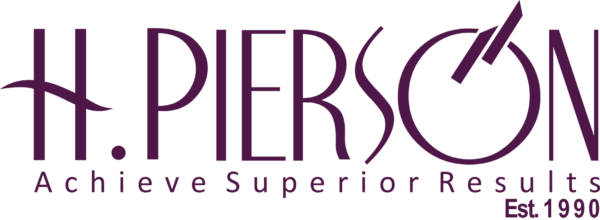Economic cycles are nothing modern. Business leaders have constantly had to deal with things like unstable job markets, supply chain confinements, and cost changes. Concerns about a potential period of weak economic growth is however justified. The two most important factors are how long it will last and how much damage it will cause.
Although no one can see into a crystal ball, there are some concerning signs that should not be ignored. For Nigerian businesses in 2023 for instance, they will continue to cope with several vulnerabilities including:
- A high-cost environment.
- Challenges with the retention of talent with the increasing demand for migrant workers in the United Kingdom, Canada, and other developed economies. This is without prejudice to the rising cost of living in the aforementioned countries.
- Post-election political risks
It would be short sighted for business leaders to not prepare for some kind of economic slowdown when you consider this along with the frail global forecasts and the pandemic’s ongoing effects.
Despite the doom and gloom, businesses can take practical actions to lessen the effects of economic slowdowns. Instead of worrying about potential future events, this is the ideal time to check that your organization has the necessary systems in place to not only weather storms but to thrive in them. How?
Pay Attention to your Business Relationships
Customer relationships are crucial regardless of the economy’s outlook, but they can become even more crucial during hard times. Understanding how the economy impacts your customers’ businesses is crucial, but it’s also a great chance to figure out how to help them and add even more value.
Partner relationships can also be very important. Strong partnerships can help to stabilize or even increase revenue streams because they share the burden of acquiring new business, even though this may result in slightly smaller overall revenue pie slices.
Diversifying your customer base is essential. When the economy is struggling, it’s crucial to evaluate your customer base and determine whether your business is overly dependent on a small number of significant clients. If that’s the case, think about how you can diversify your customer base and invest in forming new connections. Be cautious when adding new customers because you will want to make sure you can still provide excellent customer service. When every business is vying for a small pool of customer dollars, this differentiation becomes particularly crucial.
Motivate your Talent
Taking care of your team should always be a priority, especially when the economy is weak, as we frequently mention here at H. Pierson. When there is talk of a recession or weak growth, employees are concerned about their own finances and layoffs are a real possibility. It’s not simple to find talented, strong candidates, as we’ve seen over the past few years.
Consider innovative ways to reduce costs without laying off your talent. Rather than making the decision to shrink your team right away, see where else you can cut costs, like overtime or scaling back some nice-to-have, but unnecessary perks? Also, you can offer employees a day off each week in exchange for lower pay? Or can the team collectively agree to a pay cut that ensures everyone keeps their jobs?
Increase your Firm’s Agility
In order to become more agile, your business may need to invest in itself or increase spending in some areas. In a struggling economy, this may seem counterintuitive, but you might discover that enhancing technological or organizational systems results in longer-term resource utilization. As well as allowing for the introduction of new goods and services, it may also permit the diversification of income sources.
Any department in your organization could benefit from agility. You can change how you interact with customers and assist them in discovering new value in the goods and services you provide by using agile marketing. Agile development may entail freeing up unused resources to give your team more time and freedom to think creatively and make the best use of their collective talents. Your human resources department’s agility may take the form of job-sharing arrangements to better utilize strengths and tap into your talent pool or cross-training staff to take on new responsibilities.
We are aware that not all organizations can implement these ideas, and that there are times when difficult choices must be made. Transparency is key in those situations. Be clear about the needs and objectives of the business and try your best to make decisions for your employees with respect and gratitude. Take into account the significance of every position within your company as well as the effects on those left behind when positions are eliminated. Show that you have a plan in place to guarantee a fair and enjoyable working environment, even if the size of the team needs to change.
When times are tough economically, having the right strategy and the insights required for effective strategy execution, is mission-critical. Reach out at strategy@hpierson.com and let us guide you through a free consultation to determine how your company can best develop a plan to remain strategy-protected both now and into the future.
H. Pierson Advisory Team



